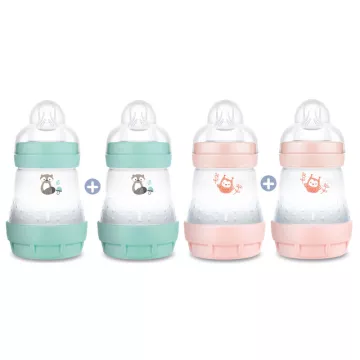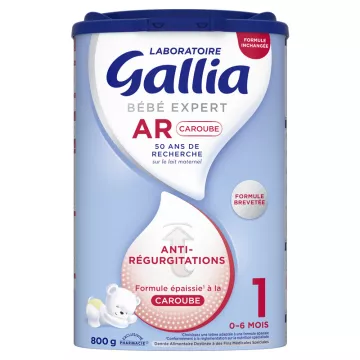


What is the first age and what are the main developmental milestones?
First age refers to the first two years of a child's life. This period is crucial for motor, cognitive and emotional development. From the very first months, children begin to explore their world. They develop their fine and gross motor skills, learn to interact with their environment and begin to speak their first words. By 12 months, most children can stand up and take a few steps. They also recognize familiar names and can follow simple instructions.
How can we stimulate a child's cognitive development in the early years?
To stimulate cognitive development, it's essential to talk to your child regularly from birth. Exposure to a varied vocabulary enriches language and communication skills. Cause-and-effect games, such as toys that make sounds when handled, are also beneficial to the development of logic and comprehension. Daily reading is also an excellent way to develop language and cognitive skills.
What is the importance of nutrition in the early years?
Nutrition plays a key role in a child's physical and cognitive development. A balanced diet providing all essential nutrients such as vitamins, minerals, proteins and healthy fats promotes healthy brain and body development. It is advisable to gradually introduce various solid foods around six months of age, while continuing to breastfeed or introduce infant formula.
How can we promote healthy emotional development in the early years?
Emotional development is fostered by a secure, loving environment. Responding to a child's cries, offering cuddles and comfort when needed, and spending quality time are essential. It's also important to encourage children to express their emotions, and to show them appropriate reactions to different situations. Role-playing and group activities can help children understand, analyze and manage their emotions.
What are the best practices for early childhood safety?
Safety is paramount for a toddler. Make sure the play environment is safe and free from small objects that can be swallowed. Use safety gates to limit access to stairs, and close doors to dangerous rooms such as the kitchen or bathroom. Always supervise children while they play or explore. In addition, safety in the car is paramount; use a car seat adapted to his weight and size, and make sure he's properly seated.
What are the signs of developmental delay to look out for at an early age?
It's crucial to observe certain signs that may indicate developmental delay. If your child doesn't smile or react to surrounding sounds around the age of three months, it's advisable to consult a professional. Around six months, a lack of attempts to reach or grasp objects, or a lack of social interaction can also be cause for concern. At one year, if the child can't stand up with assistance, or doesn't utter simple words like "mommy" or "daddy", this may require professional assessment.
How do I choose the right toys for early development?
Choosing age-appropriate toys is essential for stimulating a child's development. Choose toys that encourage exploration and interaction, such as stacking blocks, picture books and push/pull toys. Toys that make sounds or have different textures are excellent for sensory development. Make sure that toys are safe, with no small detachable parts, and that they are made from non-toxic materials.
At what age should a child start talking, and how can you encourage this skill?
Most children say their first simple words around the age of 12 months. To encourage language development, talk to your child regularly from birth. Narrating your daily activities, singing songs and reading stories are all beneficial practices. Respond to your child's babble to encourage conversation and the learning of new words.
What activities can help develop fine motor skills in the early years?
To develop fine motor skills, which involve the small muscles of the hands and fingers, offer activities such as stacking blocks, manipulating objects of different shapes, or drawing with crayons. These activities help with hand-eye coordination and prepare children for more complex skills such as writing. Books with flaps to lift or textures to touch are also useful for stimulating fine motor skills.
How does routine influence early development?
A stable routine helps children feel secure and develop an understanding of their environment, which is essential for their emotional and cognitive development. A regular sleep routine promotes good health and optimal development. Fixed schedules for meals, naps and play activities also contribute to better emotional regulation and a predictability that makes children feel secure.